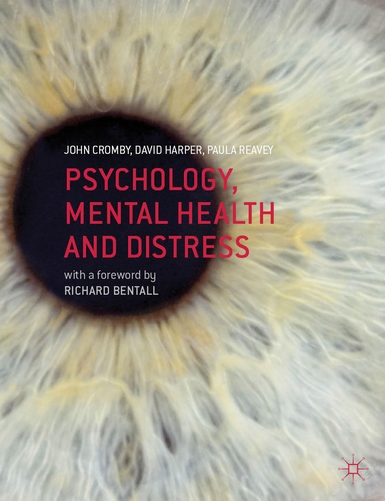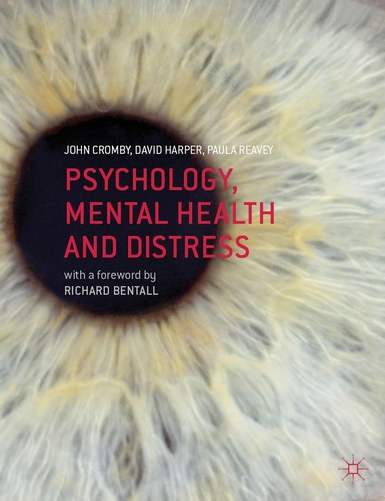I’ve just got back from delivering a 2 day training course with Eleanor Longden on Abuse, Trauma and Dissociation, to 35 mental health professionals in Shrewsbury. I was really struck by people’s willingness and commitment to staying with some really difficult material. We spoke about the importance of having good support and the need to take really good care of ourselves when working directly with trauma, to protect us from the effects of vicarious traumatization.
Vicarious trauma, the process of change that happens because you care about other people who have been hurt, and feel committed or responsible to helping them, can lead to changes in your psychological, physical, and spiritual well-being. When you identify with the pain of people who have endured terrible things, you bring their grief, fear, anger, and despair into your own awareness and experience. Your commitment and sense of responsibility can lead to high expectations and eventually contribute to your feeling burdened, overwhelmed, and perhaps hopeless. Vicarious trauma, like experiencing trauma directly, can deeply impact the way you see the world and your deepest sense of meaning and hope. Vicarious traumatisation is not the responsibility of clients. Organisations that provide trauma-related services bear a responsibility to create policies and work settings that facilitate staff (and therefore client) well-being. Each trauma worker is responsible for self-care, working reflectively and engaging in regular, frequent, trauma-informed supervision. There are many ways of addressing vicarious traumatisation. All involve awareness, balance, and connection.
Beyond vicarious traumatisation lies vicarious transformation. This is the process of transforming one’s vicarious trauma, leading to spiritual growth. Vicarious transformation is a process of active engagement with the negative changes that come about through trauma work. It can be recognized by a deepened sense of connection with all living beings, a broader sense of moral inclusion, a greater appreciation of the gifts in one’s life, and a greater sense of meaning and hope. Vicarious transformation is a process, not an endpoint or outcome. If we can embrace, rather than fending off, other people’s extraordinary pain, our humanity is expanded. In this receptive mode, our caring is deepened. People who have suffered trauma and abuse can feel that we are allowing them to affect us. This reciprocal process conveys respect. We learn from trauma survivors that people can endure horrible things and carry on. This knowledge is a gift we can pass along to others.
Due to popular demand we will be offering further courses this year on Abuse, Trauma and Dissociation in Nottingham, Cork and in London. See events section for further information.




